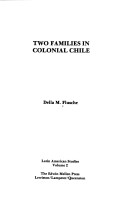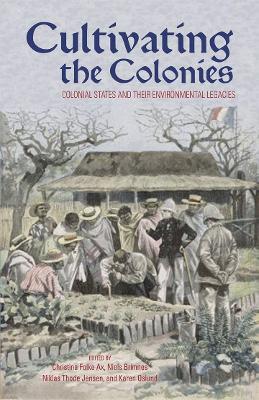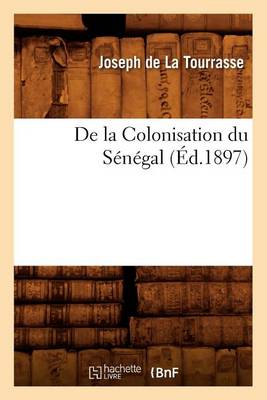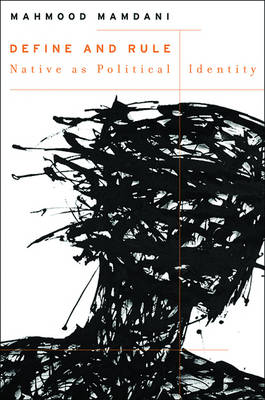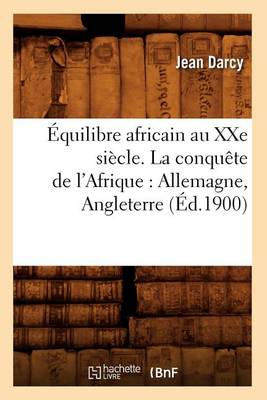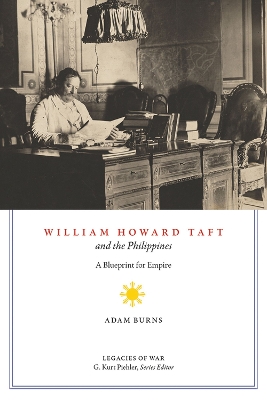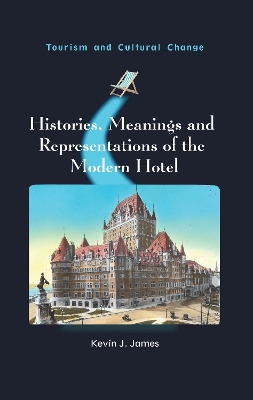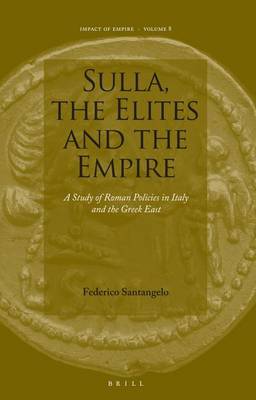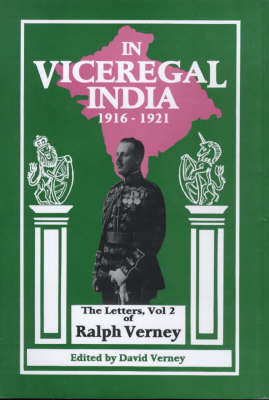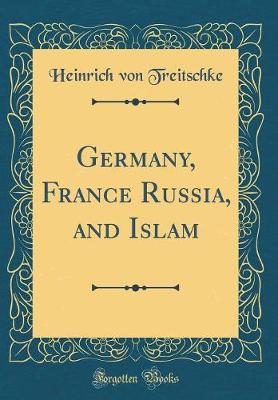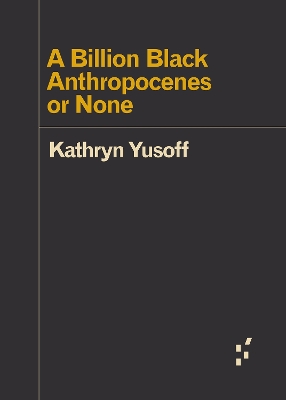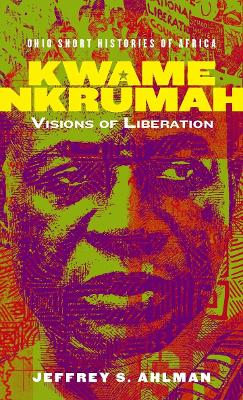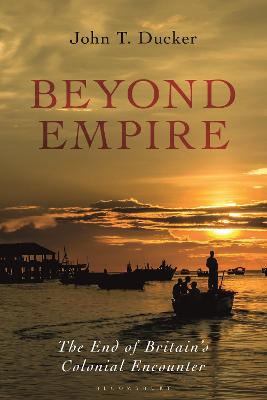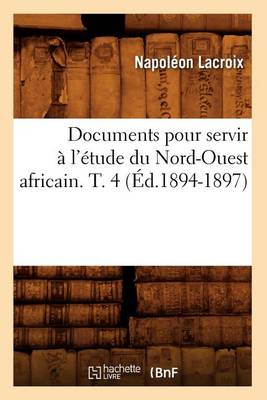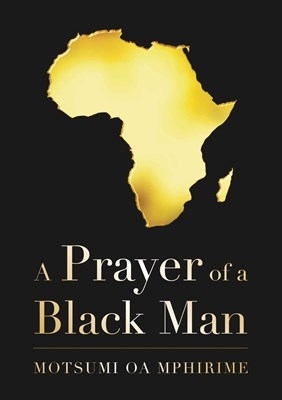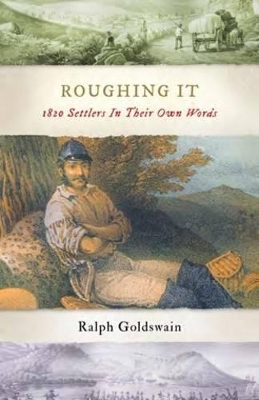Two Families in Colonial Chile (Latin American Studies, #2)
by Della M. Flusche
The essays collected in Cultivating the Colonies demonstrate how the relationship between colonial power and nature reveals the nature of power. Each essay explores how colonial governments translated ideas about the management of exotic nature and foreign people into practice, and how they literally \u201cgot their hands dirty\u201d in the business of empire. The eleven essays include studies of animal husbandry in the Philippines, farming in Indochina, and indigenous medicine in India. They a...
de la Colonisation Du Senegal, (Ed.1897) (Sciences Sociales)
by Beuverand de la Loyere P
In Define and Rule, Mahmood Mamdani considers the empire of so-called 'indirect rule' and argues that, far from being a weak state, as has long been assumed, indirect rule embodied a distinctly modern political rationality. This book is a much-needed historiographic and contemporary-political intervention. It is vintage Mamdani: erudite, pathbreaking, and a profound challenge to conventional wisdom.
Equilibre Africain Au Xxe Siecle. La Conquete de l'Afrique: Allemagne, Angleterre (Ed.1900) (Histoire)
by Darcy-J
***Winner of the L.H.M. Ling Outstanding First Book Prize 2020*** ***Shortlisted for the Bread and Roses Award 2020*** Since the first atomic bomb exploded over Hiroshima, the history of nuclear warfare has been tangled with the spaces and places of scientific research and weapons testing, armament and disarmament, pacifism and proliferation. Nuclear geography gives us the tools to understand these events, and the extraordinary human cost of nuclear weapons. Disarming Doomsday explores the se...
Born in Civil War-era Cincinnati in 1857, William Howard Taft rose rapidly through legal, judicial, and political ranks, graduating from Yale and becoming a judge while still in his twenties. In 1900, President William McKinley appointed Taft to head a commission charged with preparing the Philippines for US-led civil government, setting the stage for Taft's involvement in US-Philippine relations and the development of his imperial vision across two decades. While biographies of Taft and histori...
Histories, Meanings and Representations of the Modern Hotel (Tourism and Cultural Change)
by Kevin J. James
This book surveys current writing on the history of the modern hotel, focusing on three areas of vibrant and timely scholarly enquiry: the uniqueness of the American hotel, the contested status of the colonial and postcolonial hotel, and the hotel’s embroilment in violent conflict. It explores the hotel as an institution that incubates innovation, enables commercial relations on a variety of scales, and supplies an arena for negotiating relations of political, cultural, and economic power. The v...
Sulla, the Elites and the Empire (Impact of Empire)
by Dr Federico Santangelo
Music and Institutions in Nineteenth-Century Britain (Music in Nineteenth-Century Britain)
In nineteenth-century British society music and musicians were organized as they had never been before. This organization was manifested, in part, by the introduction of music into powerful institutions, both out of belief in music's inherently beneficial properties, and also to promote music occupations and professions in society at large. This book provides a representative and varied sample of the interactions between music and organizations in various locations in the nineteenth-century Brit...
It's time to radically alter the way we perceive the world. It's time to get real. Multinational oil corporations trumpet their green credentials. Shadowy billionaires orchestrate 'grassroots' political movements. Public-spending cuts target the poor, but supposedly 'give power to the people'. To Eliane Glaser, these are all signs of the maddeningly surreal gap between appearance and reality in modern life. We are living in a looking-glass world in which reality is spun and c...
Germany, France Russia, and Islam (Classic Reprint)
by Heinrich Von Treitschke
In this original interdisciplinary study of Togo and African colonial history, Benjamin Lawrance synthesizes political, gender, and social history by documenting the contributions of rural-dwelling populations in anti-colonial struggles. Anchoring his arguments on the premise that nationalist historiographies have overstated the role of urban and elite power while undervaluing the strategic place of rural constituencies, Lawrance uses the Ewe nationalist movement of southern Togo as a case study...
A Billion Black Anthropocenes or None (Forerunners: Ideas First)
by Kathryn Yusoff
Rewriting the “origin stories” of the Anthropocene No geology is neutral, writes Kathryn Yusoff. Tracing the color line of the Anthropocene, A Billion Black Anthropocenes or None examines how the grammar of geology is foundational to establishing the extractive economies of subjective life and the earth under colonialism and slavery. Yusoff initiates a transdisciplinary conversation between feminist black theory, geography, and the earth sciences, addressing the politics of the Anthropocene with...
A new biography of Ghana's Kwame Nkrumah, one of the most influential political figures in twentieth-century African history. As the first prime minister and president of the West African state of Ghana, Kwame Nkrumah helped shape the global narrative of African decolonization. After leading Ghana to independence in 1957, Nkrumah articulated a political vision that aimed to free the country and the continent--politically, socially, economically, and culturally--from the vestiges of European col...
Born in Nova Scotia, William Stairs (1863-1892) was commissioned in the British Army. Weary of peacetime soldiering, he volunteered in 1887 to take part in Henry Stanley's final trans-African expedition to rescue Emin Pasha, the last survivor of "Chinese" Gordon's lieutenants in the Sudan. The expedition emerged three years later in Zanzibar, a reluctant Pasha in tow, having left a trail of havoc and suffering behind it. Stairs promptly volunteered for a second expedition in Africa to secure Kat...
Robert Thorne Coryndon, born in South Africa in 1870, served twenty-eight years as the top-ranking administrator of African dependencies, a career unmatched by any other British colonial governor. Governors were expected, through a combination of good sense and good character, to exercise rule over dependent peoples in an honest and impartial manneran amalgam of liberal values and autocratic methods which lent a certain ambiguity to British imperial rule in Africa and elsewhere. During his rul...
Beyond Empire looks at three decades of British colonial administration to assess the capacity of the independent governments of Africa to achieve independence. A wealth of archival material and a unique review of British press over those decades brings to life the dynamic and the tension of the process of decolonisation. Addressing a wide range of issues, from education, constitutional change and economic relations, Beyond Empire sheds new light on aspects of colonial history at the country lev...
Documents Pour Servir A l'Etude Du Nord-Ouest Africain. T. 4 (Ed.1894-1897) (Histoire)
by Lacroix-N
The Life and Times of Mary, Dowager Duchess of Sutherland
by Catherine Layton
This definitive biography depicts one Victorian woman's struggle to stay afloat in a rising tide of prurient scandalmongering and snobbery. Could it be that this woman's character and circumstances informed Oscar Wilde's social comedies? She was the daughter of a leading Conservative Oxford don, vilified as an arrogant fortune-hunter. Her liaison dangereuse with a Duke resulted in ostracism by Queen Victoria's cronies, as well as protracted, widely publicised legal disputes with his family. One...
